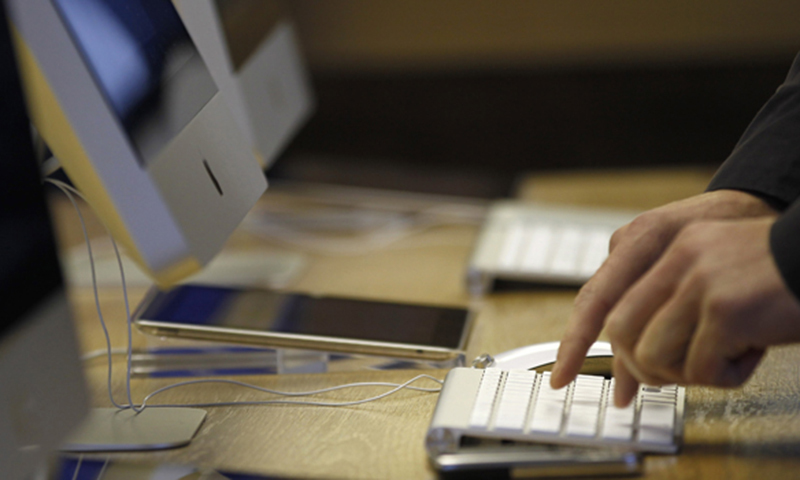In the last decade, the digital revolution has spurred economic growth and prosperity and lifted millions out of poverty using new technologies and services. Access to internet and phone connectivity should be a fundamental human right for all — however, despite significant progress — it remains a privilege for many.
Gender inequality in the physical world is currently being replicated in the digital space. Women and girls, especially from marginalised groups, are most likely to not have access to the internet and proper technology. This was already a dire disadvantage, which has been further heightened due to the Covid-19 pandemic.
This form of inequality is starkly evident in developing countries where women cannot afford connectivity services. Research from Plan International, a development and humanitarian organisation that works to advance children’s rights and equality for girls, shows that the digital gender divide in internet access remains largest in the world’s least developed countries at 32.9 per cent.
Equal access to technology provides women with education, healthcare, financial services, and economic engagement opportunities. This fundamental right is a vital component for women to receive information that can significantly improve their livelihood and support their families and communities. Without technology, women are not given a fair opportunity to participate in society, impacting their ability to contribute to the economy.
Compounding this issue is the fact that women do not have access to banking and insurance products. Currently, women make up 55pc of the world’s unbanked population, meaning almost one billion people today have no means to financial services. Digital banking, which uses mobile and internet technology, gives women from marginalised communities the opportunity to not be financially excluded. Mobile and digital banking has the potential to bridge the gap and transform the financial inclusion landscape by offering cost-effective solutions.
Today, mobile phones are a pivotal tool for economic prosperity and investing in women to be technologically literate boosts the overall wellbeing of communities everywhere. Empowering more women with mobile phones can accelerate social and economic development. The McKinsey Global Institute estimates that fully incorporating women into the economy would add $12 trillion to the global GDP by 2025. In other words, eliminating the gender divide lifts all nations. A golden opportunity exists where governments, financial institutions and private organisations can foster financial inclusion and create solutions that support an equal society.
Closing the digital gender gap and increasing women and girls’ digital adoption is the logical step to equal economic participation. We must work towards building a new generation that has equal opportunity and access to the increasingly digital world of work.
As part of Standard Chartered’s commitment to contribute to sustainable social and economic development, its Futuremakers programme supports disadvantaged youth, especially girls, in learning new skills and improving their chances of getting a job or starting their own businesses. Last year, the Futuremakers’ programmes reached more than 168,000 young people globally. The bank’s Goal programme aims to develop adolescent girls’ confidence, knowledge and skills to become economic leaders in their families and communities.
While it is not yet evident what impact COVID-19 will have on closing the digital gender gap, it is clear that we must urgently prioritise women’s access to technology and accelerate digital literacy. When women are connected and are active participants of the digital society, there is potential for speedy economic recovery. We can either allow the pandemic to damage the efforts already made or we can choose to act now by supporting women and girls everywhere to realise their full potential.
UN Women estimates that at least 47 million more women and girls will fall below the poverty line as a result of the pandemic. The clock is ticking and now is the time to act.
Published in Dawn, The Business and Finance Weekly, October 18th, 2021














































